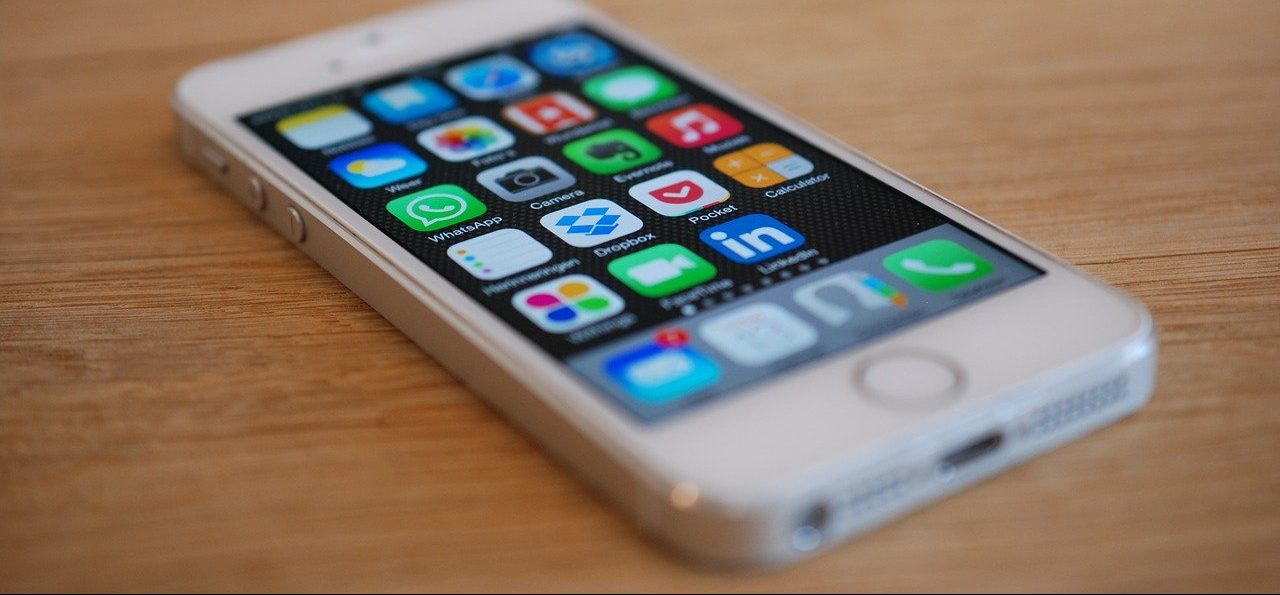Mental Health and Apps to Help
May 1, 2021
Your mental health can’t always wait until an appointment becomes available at the campus health clinic. So, we turn to the resource immediately available to us: our phones.
There is an app for practically everything now, including personal mental health. There’s an array of apps providing counseling services, such as Talkspace, BetterHelp, Wysa, and Youper. These apps immediately connect you with meditative exercises, AI chatbots, or a live counselor.
But this connection comes with strings attached.
One of these strings is cost. Many students have limited funds, and subscriptions to apps that connect you to licensed mental health professionals are costly. BetterHelp is not covered by insurance and costs $60-90 a week depending on the type of plan. Talkspace is roughly the same, coming in at $64-99 a week; however, some insurance providers will cover a portion of these fees through this particular app. These are steep prices for college students.
A more cost-efficient option is 7 Cups. This app provides levels of membership, including free listening services by volunteer listeners, access to a supportive AI chatbot, and self-help guides. For $150 a month (or about $38 a week), you can also communicate with a licensed therapist, although the communication is asynchronous and not in real time.
The “volunteer listeners” of 7 Cups shed light on another string attached to certain features of mental health apps: privacy. Information from in-person therapy and counseling is protected by the Health Insurance Portability and Accountability Act of 1996 (HIPPA). But some mental health apps do not fall under HIPPA protections.
“I would be very cautious about pouring out my soul on an app that you are not 100 percent sure is secure,” Millikin Assistant Professor Dr. Amy Yeates, who specializes in Psychiatric Nursing, said.
Yeates also said that these apps can be beneficial, but cautioned users to be wary.
According to an investigation by Consumer Reports, BetterHelp and Talkspace say that they are covered by HIPPA. 7 Cups’ licensed therapist feature is also covered by HIPPA, but the app’s other features, including the volunteer listeners, are not covered by HIPPA.
What this means is that your data can be sent to outside companies such as Facebook and other social media platforms for targeted advertising. BetterHelp, Wysa, and Talkspace also send your data to Facebook. This data can be your gender, interests, location, and that you have a mental health app downloaded onto your phone.
I can attest to this. After researching for this article and downloading multiple mental health apps, my social media feeds became inundated with targeted ads from WebMD and similar sites. “Do You Have Symptoms of Schizophrenia?” or “Gut Health Can Cure Your Depression!” were some of the targeted advertisements that I have noticed since downloading multiple mental health apps. If you are experiencing depression and anxiety, or have hypochondriac tendencies, seeing these ads repeatedly will not put your mind at ease.
“There is a large number of students who already have anxiety issues about being away from home, being in college, the workload, the rigorous curriculum, deadlines, financial stressors… There is a whole plethora of anxiety-producing issues that are unique to college students,” Yeats said.
Dealing with anxiety can feel extremely isolating. Friends and family try to soothe anxious people with well-meaning expressions like “You’re fine” or “Calm down.” Unfortunately, it is not that simple. On top of that, COVID-19 has furthered feelings of isolation for everyone, and college students are no exception.
Because of COVID-19 safety restrictions, many people are turning to these apps or online counseling to address their mental health.
Studies presented in the Journal of Anxiety Disorders, Journal of Clinical Psychiatry, Psychiatric Services, and Journal of Telemedicine and Telecare have shown that virtual therapy is beneficial or in some cases as effective as in-person therapy. Telemedicine, specifically telemental health services, has been present in the United States since the late 1950s at the University of Nebraska Medical Center. The United States Department of Veterans Affairs has also been using video conferencing for telemental health services since the 1960s, according to The American Journal of Psychiatry.
In the past, these services were provided to those living in remote regions, outside of in-person therapy service areas. Today, they’re much more common as COVID-19 has changed how we interact. Mental health apps providing therapy may be a relatively new phenomenon, but they are built upon a firm foundation of remote or virtual therapy studies.
As beneficial as in-person or mobile therapy may be, for a lot of students, it comes down to affordability.
“I would recommend seeing a health care provider, going to the fabulous counseling services on campus, or talking to their primary care physician to see if they can help,” Dr. Yeates said.
While students may encounter a few weeks of waiting for an appointment to see one of the counselors at Millikin’s Student Mental and Behavioral Mental Health office, it’s hard to beat free services. Many students could benefit from mobile-based therapy. Like many other aspects of health care in the United States, subscriptions to these mobile services are financially out of reach for those who need it most.
If you are feeling suicidal, and prefer not to speak on the phone, send a message to the Crisis Text Line at 741741.
